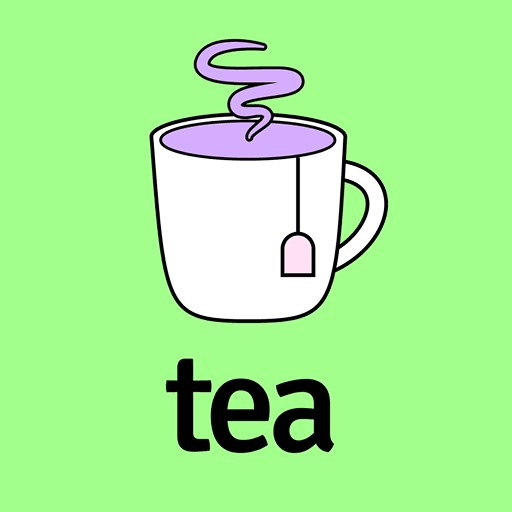
When the Tea app first launched, it was hailed as a bold and empowering tool—giving women a safe space to share their dating experiences, warn others of red flags, and hold men accountable in the digital dating age. Created with the intention of fostering transparency and protection in an era of ghosting, gaslighting, and online manipulation, the app was initially praised as a way to help women look out for each other.
But somewhere along the line, that noble mission got lost in the noise.
Today, the Tea app has devolved into something far more toxic: a revenge platform where anonymity fuels recklessness, and where anger—not accountability—is the driving force behind many of the posts. Instead of being a space for safety and awareness, it has become a battleground for bruised egos and unresolved emotions. Disgruntled users are increasingly using the app to lash out at men simply because a date didn’t go the way they expected, because a relationship ended on bad terms, or worse—because they were rejected.
The premise is simple but dangerous: upload a photo of a man, attach a story—truthful or not—and then categorize him with a “green” or “red” flag. No evidence required. No identity verification. No defense offered to the accused. While the creators may have intended for this to be a modern watchdog for women’s safety, it has now opened the door to slander, defamation, and even potential physical danger.
And that’s where the real problem lies.
The anonymity that once made the platform feel safe has created a loophole for abuse. Women can hide behind fake profiles and post whatever they want—free from consequence—while the men on the receiving end of these posts are left exposed, judged, and helpless. There’s no mechanism for rebuttal. No place for clarification. Just a public digital scarlet letter, handed out without trial.
It’s easy to see how this can spiral. A man could lose a job opportunity, destroy his reputation, or even face threats—all because of one person’s anger or misinterpretation. The legal implications are enormous. Defamation lawsuits are looming, and as word spreads, it’s becoming clear that the app operates in murky legal territory that simply cannot last.
What’s worse is how this app has become a source of entertainment for some. Screenshots of posts are shared in group chats. Users “rate” men as if they’re reviewing a bad meal. It’s no longer about safety—it’s about humiliation. And in a society already struggling with the impacts of digital bullying and mental health, this is not just unfair—it’s dangerous.
What if the roles were reversed? If men created an anonymous app where they posted photos of women and rated them based on personal experiences, it would be shut down instantly—and rightfully so. The public outrage would be swift. But somehow, the Tea app is still thriving under the guise of female empowerment, while enabling behavior that’s anything but.
This isn’t about silencing women. It’s about accountability for everyone. Real safety tools require structure, verification, and fairness. They protect people—not expose them.
Until the Tea app creates a way for due process and safeguards against misuse, it will remain a digital weapon masquerading as a watchdog. And with lawsuits, growing media scrutiny, and potential physical harm on the horizon, its days may be numbered.
At some point, we must ask: is this still about protecting women—or simply punishing men?
